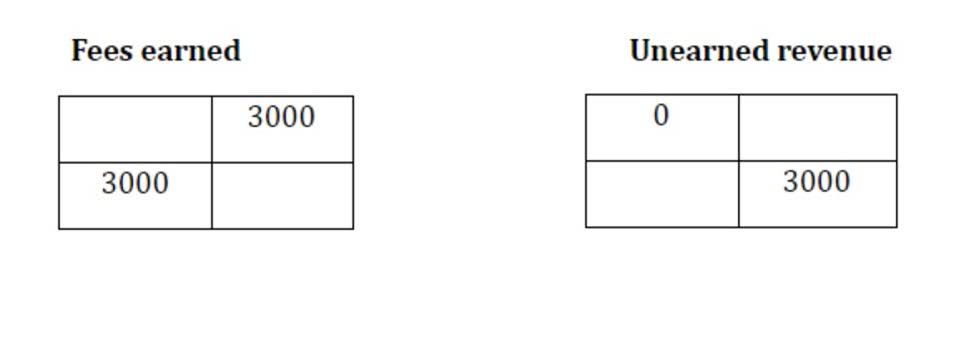
Finding and retaining qualified accounting professionals can be challenging and time-consuming. Turnover can disrupt your business operations and lead to additional recruitment costs. Outsourced accounting is the practice of hiring external professionals or firms to handle a company’s accounting functions. Here at IQ BackOffice, we provide financial business process outsourcing for large and mid-sized enterprises. We serve In-House Accounting vs Outsourcing a range of diverse industries, including manufacturing and distribution, healthcare and dental, restaurant and hospitality, energy, retail, and technology.
- This allows us to remove manual or inefficient steps, delivering improved controls and up to 70% cost savings for our clients.
- In-house accountants have more refined skills and advanced degrees to help you navigate compliance tasks.
- This can affect the efficiency of your partnership and may require extra effort to align your goals and practices.
- The main selling point of outsourced accounting is that it saves you all the time, effort, and money needed to hire in-house.
- This type of customer experience allows car buyers to spend less time at the dealership while also offering a faster sales process for Ford.
Expertise
Whether your company will benefit from having an in-house accountant depends on the reasons you need an accountant and several other factors. Contact fixed assets us to discuss the particulars of your accounting needs and help determine if an in-house accountant is right for you. Manufacturing businesses need to perform a 3-way match on vendor bills and often (but not always) find this easiest to do when they are in the same building as the material receiving department. Other members can still assist with the accounts or financial reports when one person is away.
- For example, employing a skilled accountant costs between $60,000 and $80,000 annually, excluding benefits.
- This allows the firm to benefit from both the buy- and sell-side commissions and potentially lowering other administrative costs.
- Expertise Accelerated offers high-quality, affordable offshore professionals resources that provide excellence in accounting, finance and supply chain management to its valued clients.
- Outsourced accounting is an alternative hiring method where businesses will contract a specialized third-party firm to handle the responsibility instead of directly onboarding a professional.
- For example, having a CFO to oversee strategic financial planning, a financial controller to manage daily operations, and junior accountants for routine tasks builds a streamlined workflow.
- This ensures you receive high-quality service and up-to-date advice on the latest tax laws and financial regulations.
The Difference : Outsourced Accounting Vs. In-House Accounting
- You’ll also have to accept the possibility of less control over your financial data.
- While firms like EA do have a presence in the US and are approachable for any complaints, many outsourcing firms are not.
- In-house accounting provides numerous advantages for businesses looking to maintain control and accuracy over their financial operations.
- Luckily, there’s no need to Google “bookkeeping services near me.” Decimal offers simple bookkeeping for small businesses with an actually fixed price.
- Contact us to discuss the particulars of your accounting needs and help determine if an in-house accountant is right for you.
This blog will present a holistic view of in-house and outsourced accounting, including the good, the bad, and the ugly. Business owners deserve to know what they are getting into when contemplating in-house vs. outsourced accounting. Mastering in-house accounting requires several key components that ensure robust financial management and compliance with applicable standards. As your business grows, your financial management needs may outpace the capabilities of a single in-house professional.
Work Culture and Team Dynamics

Yes, businesses can switch between outsourcing and in-house accounting based on their changing needs. However, it’s important to carefully evaluate the implications of such a switch, including costs, training requirements, and the impact on day-to-day operations, to ensure a smooth transition. Effective communication with an outsourced accounting provider is crucial for successful collaboration. Establish clear communication channels, set expectations upfront, and schedule regular meetings to discuss progress and address any issues that may arise. Ultimately, in-house and outsourced accounting should align with your business’s goals and operational needs.

- The availability of internal resources and expertise can influence the decision.
- Finding and retaining qualified accounting professionals can be challenging and time-consuming.
- Pacific Accounting & Business Services is focused on providing high-quality accounting, finance, and related back office services to businesses.
- Moreover, outsourcing brings the advantage of accessing a diverse skill set and industry-specific knowledge.
- Businesses under $20M in revenue rarely require a full-time staff accountant.
In addition, Walmart sees outsourced accounting as necessary for their growth and improving the customer experience overall. When most companies are evaluating in-house accounting, they rarely take the business and personal time lost and additional expenses into the picture. Once these additional expenses are considered, the in-house option looks much less Partnership Accounting preferable. The U.S. Bureau of Labor Statistics puts the median salary of accountants at $45,560 a year.


